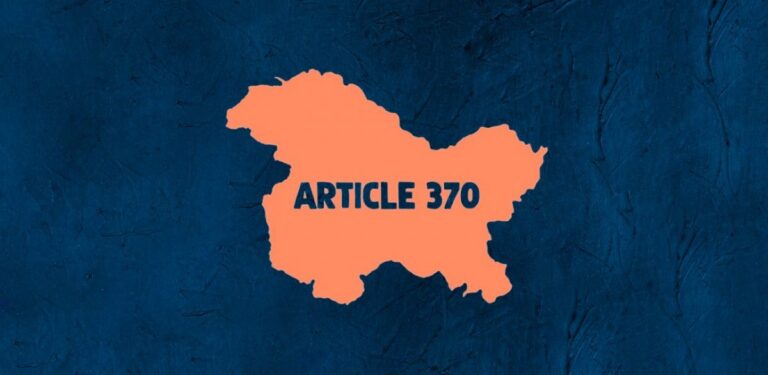Long-lasting movement to OECD nations fell by in excess of 30% in 2020 to arrive at its most minimal level starting around 2003.
Immigration to OECD nations
The COVID-19 emergency prompted the biggest at any point decrease in movement to OECD nations, including Canada.
This finding was introduced by the Organization for Economic Cooperation and Development (OECD) in its yearly report on relocation, distributed on Thursday, October 28.
“Relocation streams to OECD nations declined fundamentally, with a large part of the advancement in transient coordination accomplished over the previous decade cleared out in only one year right after the COVID-19 pandemic,” the association said in a news discharge.
In 2020, 3.7 million transients entered the 25 OECD part nations accounted for the examination, the most minimal number beginning around 2003. It likewise addresses the greatest drop in migration streams to OECD nations on record, by more than 30%, as per the report.
It proposes that the decrease could be substantially more critical, arriving at more than 40%, because of elements, for example, changes in status that can bring about regulatory twofold counting of a person.
Decrease in all areas of immigration
There were decreases in all spaces, affecting all classifications of immigration and relocation in 2020.
Family migration showed the biggest decrease with a 35 percent drop. Brief work relocation likewise saw a sharp decrease in most OECD nations in 2020. Canada had probably the biggest decrease (- 37%), alongside nations like the United States (- 37%), Australia (- 37%), Korea (- 57%), and Japan (- 65%).
The quantity of holidaymaker laborers fell by 58% and intra-organization moves by 53%, while the progression of occasional agrarian specialists was the most un-impacted with a 9 percent decrease.
Concerning the quantity of study permits given in 2020, they fell strongly, by 70% in Canada and the United States, and by average of – 40% in the European Union’s OECD nations.
New asylum applications in OECD nations fell by 31% in 2020, and resettlement by 65 pe rcent.
The OECD report calls attention to that all through 2020 and 2021, most of OECD nations downsized their immigration administrations. To check the spread of COVID-19, section boycotts were forced on outside nationals and others in many nations.
Then again, an incredible larger part of nations likewise set up brief measures to alleviate the impacts of the pandemic, for example, working with the passage of fundamental specialists or expanding the length of the legitimate status of labourers currently present on their regions just as internet learning for worldwide students.
Past the numbers identified with transient streams, the report likewise focuses on the way that the pandemic has exposed other existing and arising difficulties identified with the coordination of travellers into their host nations. For instance, it has added to the compounding of prior disparities among workers and the local conceived. The hole in business rates between the foreign-born conceived and local born has extended in OECD nations, and local born labourers have been excessively impacted by employment misfortunes during the pandemic.

“Comprehensive and co-ordinated action is required to avoid that the pandemic leads to a lasting setback on migrant integration. Given the large numbers concerned, such a setback would not only entail negative economic consequences but also threaten social cohesion at large,”
Stefano Scarpetta, OECD Director of Employment, Labour and Social Affairs, in a commentary accompanying the report
As nations execute post-pandemic recuperation plans, Scarpetta accentuates the significance they give unique consideration to settler mix to try not to fuel the many drawbacks they face in the present work markets and social orders.









Responses